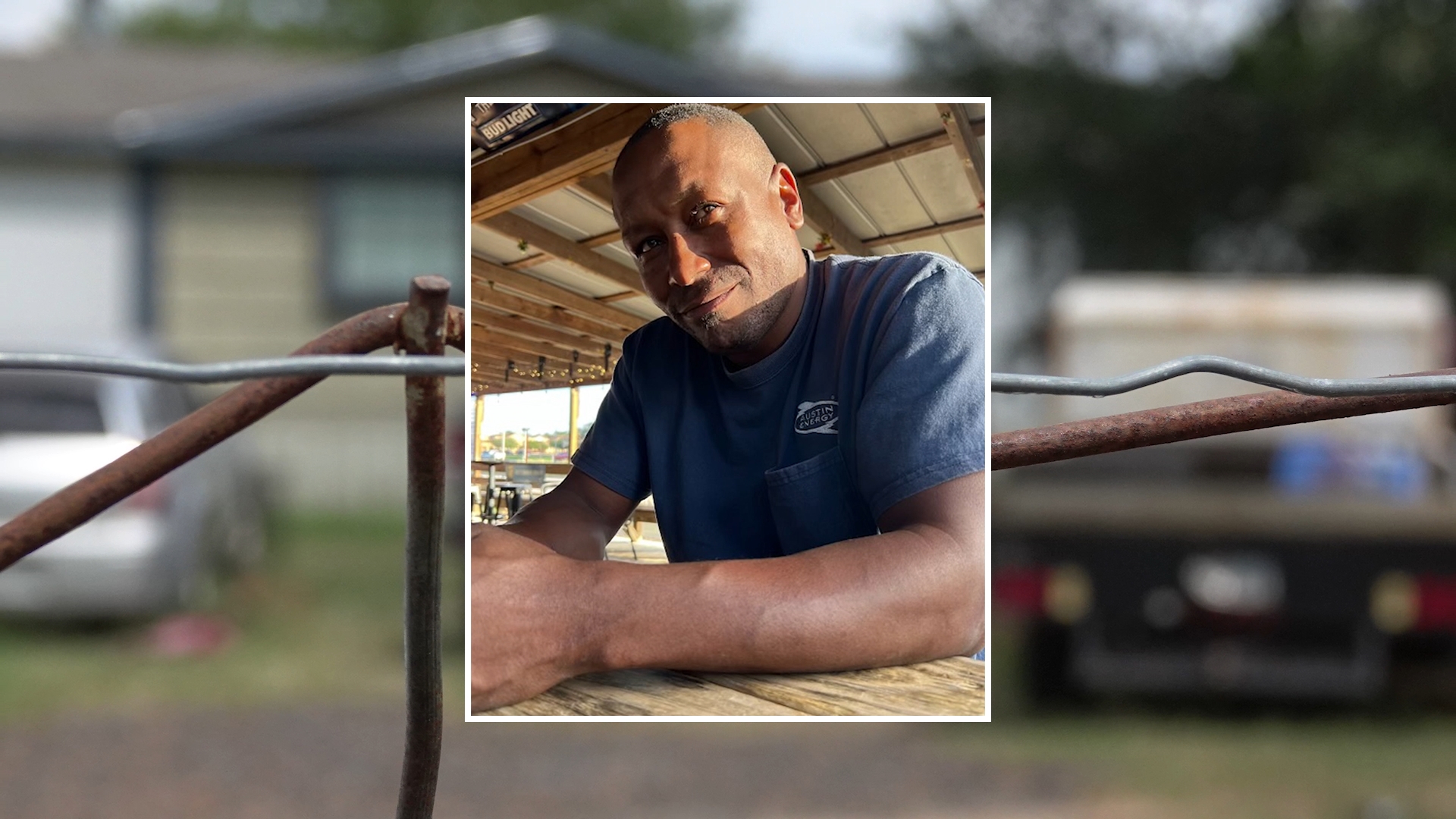BASTROP COUNTY, Texas — Loved ones want justice for a man who was shot to death by a teenager, according to Bastrop County Sheriff's Office (BCSO).
Officials said 41-year-old Steven A. Smith was killed on Sept. 13. Investigators believe a 13-year-old boy is responsible for his death. Smith's family said the shooting happened at his home on Shiloh Road in Bastrop.
Mary Brown Moody said she could talk about the kind of person Smith was forever. Moody said he loved working on his cars, helped his family, and anyone in the community if they needed.
"He helped everyone. He helped his family. If there was a need, Steven could do it," Moody said. "Steven did not deserve this. He hasn't done anything but live, be a hardworking man and support his family and his community. So I want justice done for Steven."
Smith leaves behind two sons, according to Moody.
Others, such as Smith's close friend Eric Meza, echoed Moody's sentiments. Meza said he had known the 41-year-old for more than a decade and choked up while recounting memories between the two.
"He was the kind of person that helped anybody at any time," said Meza. "I feel that I owe a lot to Steven."
Investigators have not revealed the relationship between Smith and the alleged teen shooter. KVUE reached out to BSCO on Tuesday and the county's District Attorney's office.
The sheriff's office said because it is a juvenile case, they will not be releasing any more information. Meanwhile, the person at the head of the juvenile division was not available for comment.
James Winters, a criminal defense attorney, explained that juvenile cases play out differently than adults. For example, the first course of action for a judge would be to determine whether the juvenile will be released from custody or not. However, Winters clarified that a release does not mean the person is free.
”There's the possibility that they could be on house arrest," Winters said. "That they could have a GPS monitor on their ankle that monitors 24/7 where they're going and what they're doing, and they're confined to their house."
Winters added that when people hear about big allegations and crimes, they think they're going to stay, which isn't always the case. What it ultimately boils down to is evidence and circumstance and if the charge is geared toward murder. If that's the case, there are slightly different avenues a prosecutor can take toward a juvenile.
"They can do what's called the determinate sentence, which is a legal process that allows the prosecution to seek a determinate number of years in the Texas Juvenile Justice Division, that would then be transferred possibly to the adult prison system," Winters said.
Winters noted it falls on the nature of the crime, the age, intellectual abilities, and whether the judge finds it appropriate or not to try the said individual as an adult.

